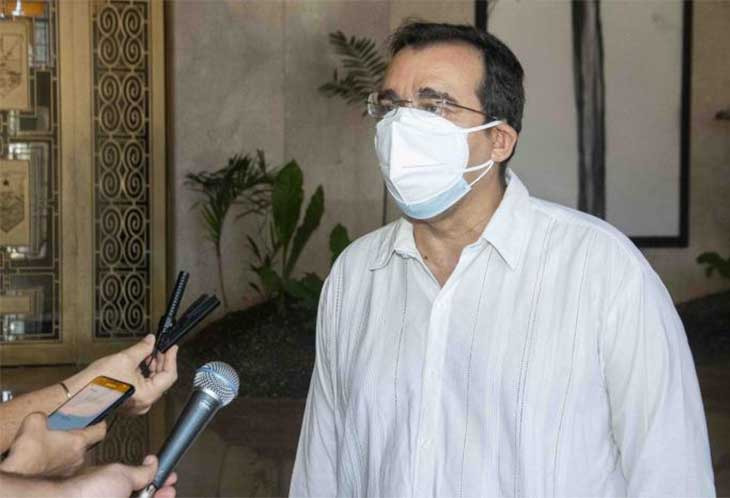
RHC
Havana, September 29 (RHC)-- Consultations with citizens on Cuba's new Family Code begin today and will continue throughout October, said sources linked to the drafting of the legislation.
Leonardo Perez, President of the Cuban Society of Civil and Family Law of the National Union of Jurists said that the 22nd version of the draft will be submitted to the analysis of experts, also public and private entities related to the subject.
Among the organizations that are starting with the study, he mentioned the Ministries of Education and Higher Education, Public Health, Foreign Affairs, Justice and Interior, as well as religious institutions and the University of Havana (UH).
In statements to the Cuban News Agency, Perez said that criteria will be heard from specialists in the fields of psychology and sociology, as well as from centers for the study of social development, demography, population aging, and entities for people with disabilities.
Citizens will also be able to send their opinions, for which the e-mail familias@minjus.gob.cu has been enabled.
PhD. Ana María Álvarez-Tabío, professor of Family Law at the UH Law School, affirmed that the integration of these multiple knowledge, perspectives and functions will contribute to the wellbeing of the Cuban family.
Experts describe the new Code as 'novel' in comparison to similar regulations in the Latin American region, and coherent with the Constitution of the Republic of Cuba.
Among the advances presented in the draft are the recognition of egalitarian marriage and the different roles of people within the household, the role and relevance of grandparents, the incorporation of alternatives of filiation by assisted reproduction and socio-affective and the expansion of alternatives for the economic regime, among others.
The technical considerations and assessments gathered in the consultation will be taken into account by those working on the drafting of the regulation, and will be incorporated into another version of the preliminary draft.
The new document will be submitted to the National Assembly of People's Power for its analysis and subsequent popular referendum. (PL)

